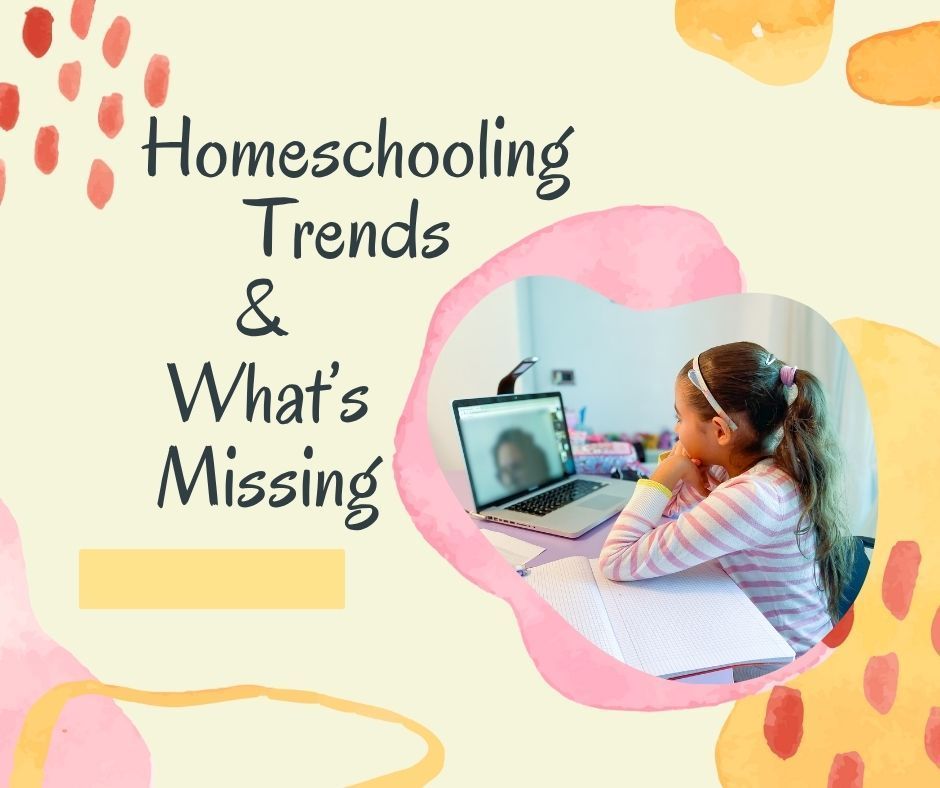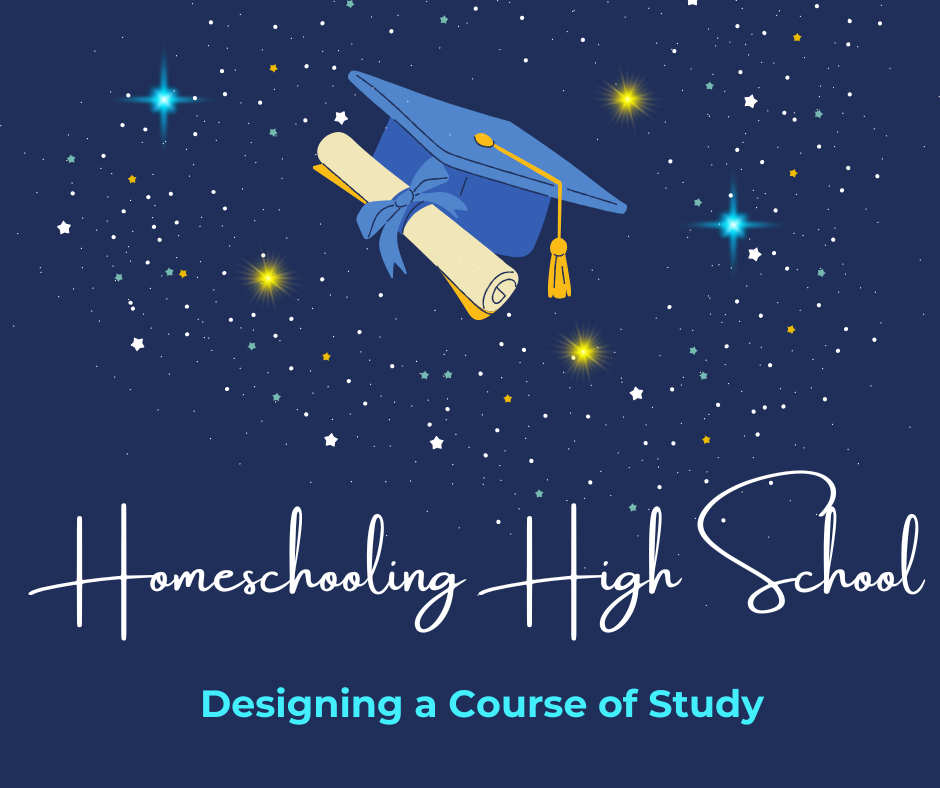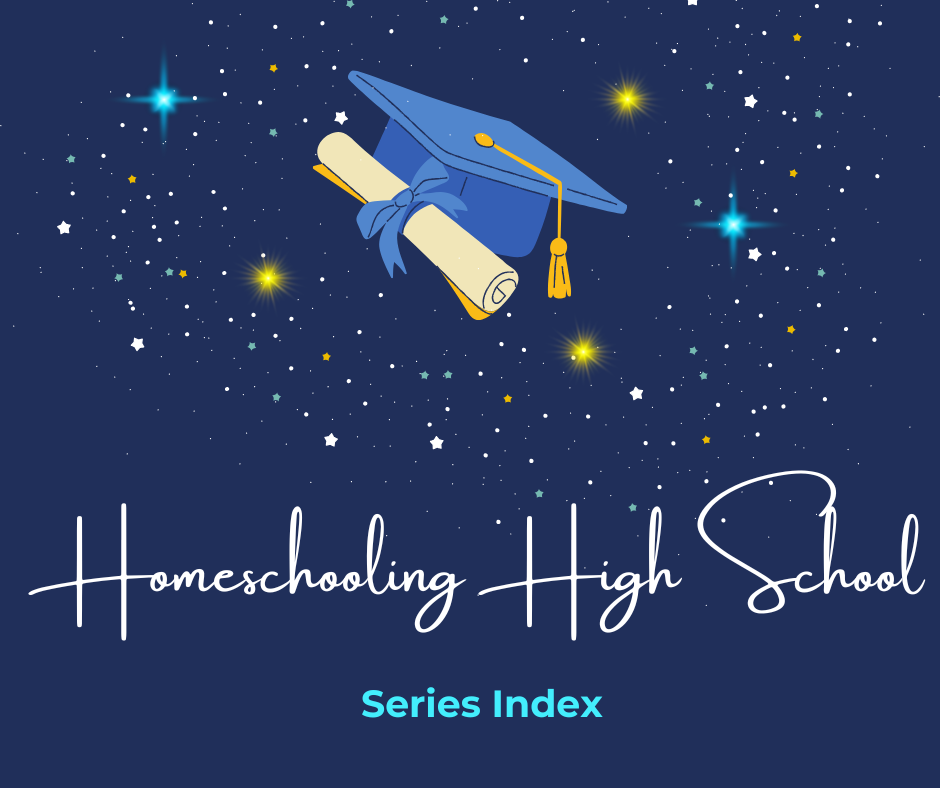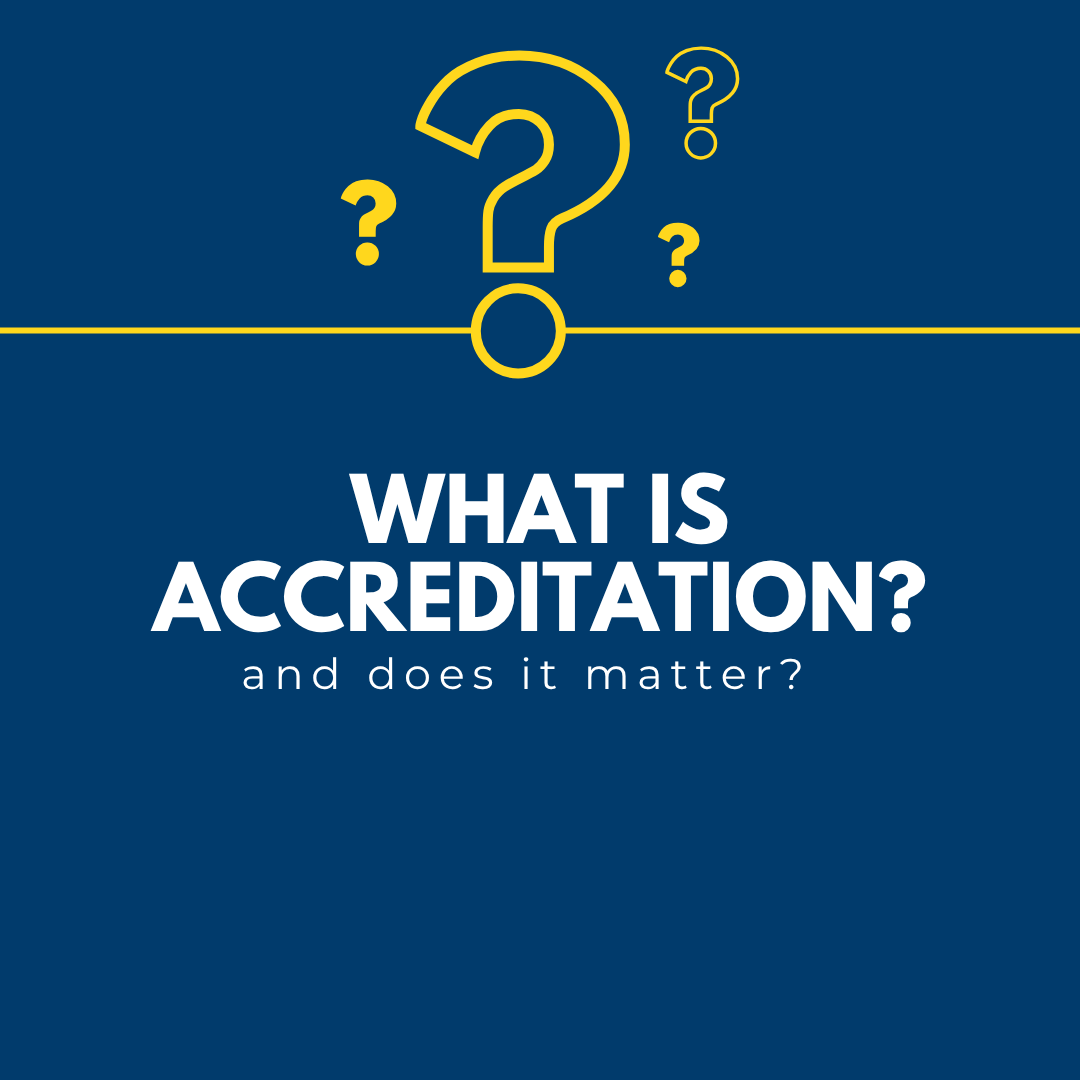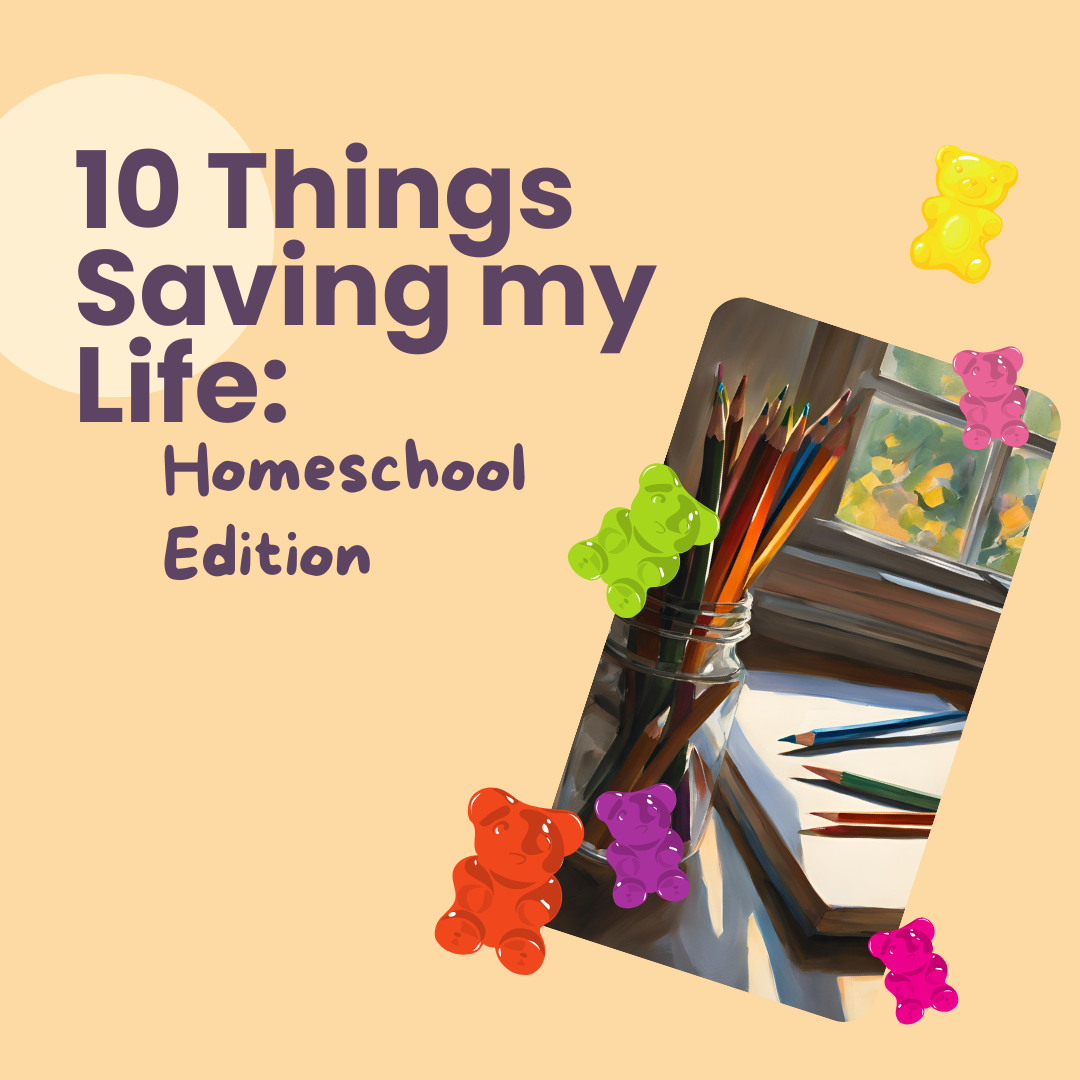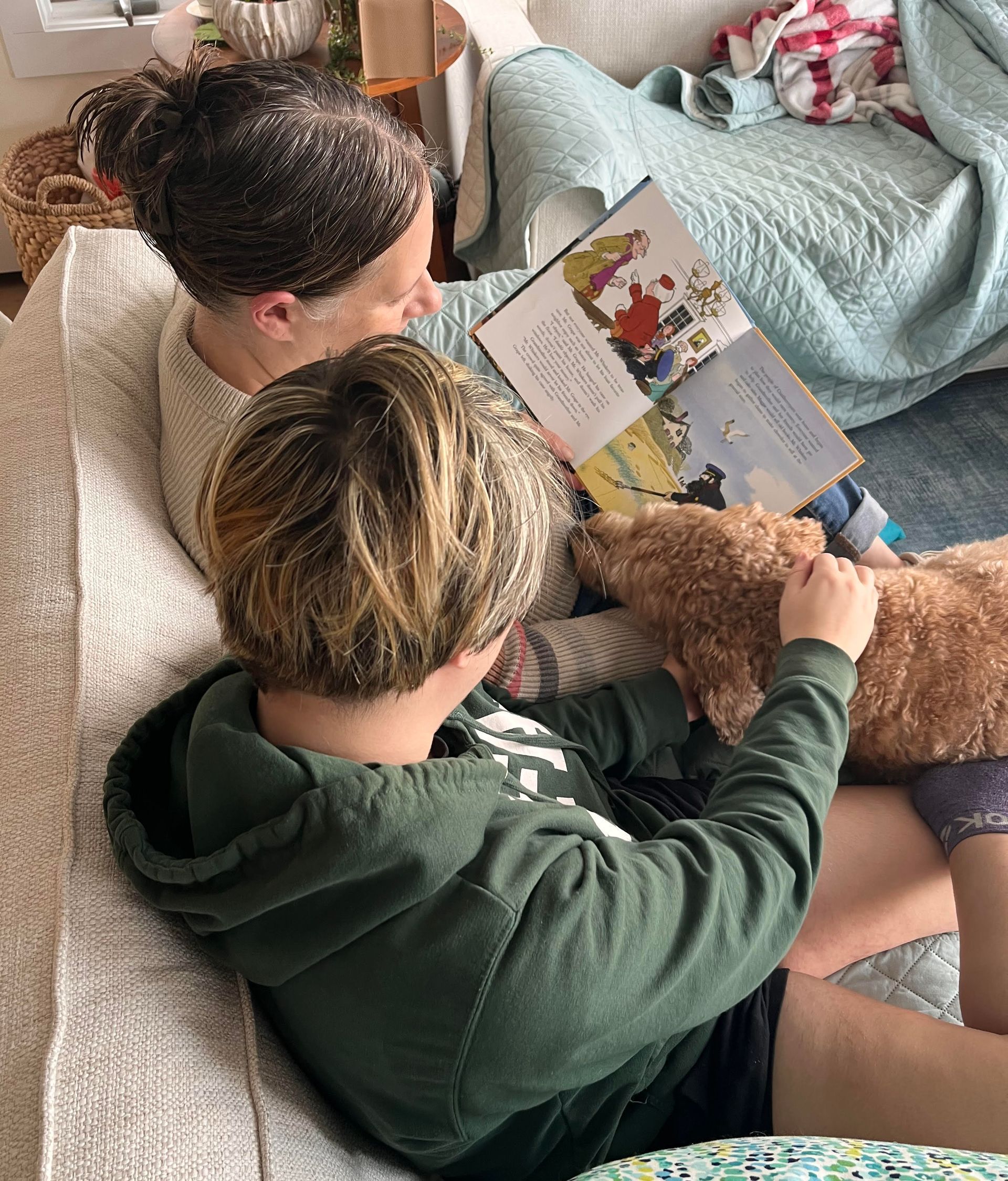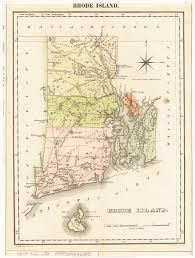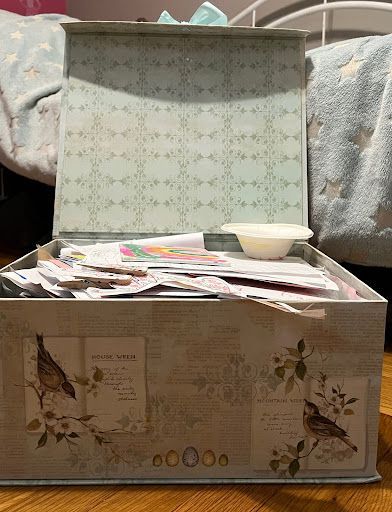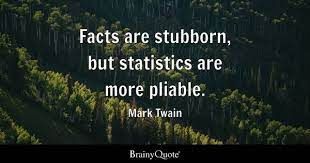If You Lived During the Plimoth Thanksgiving by Chris Newell
Book Review by ENRICHri's Marcia Sirois
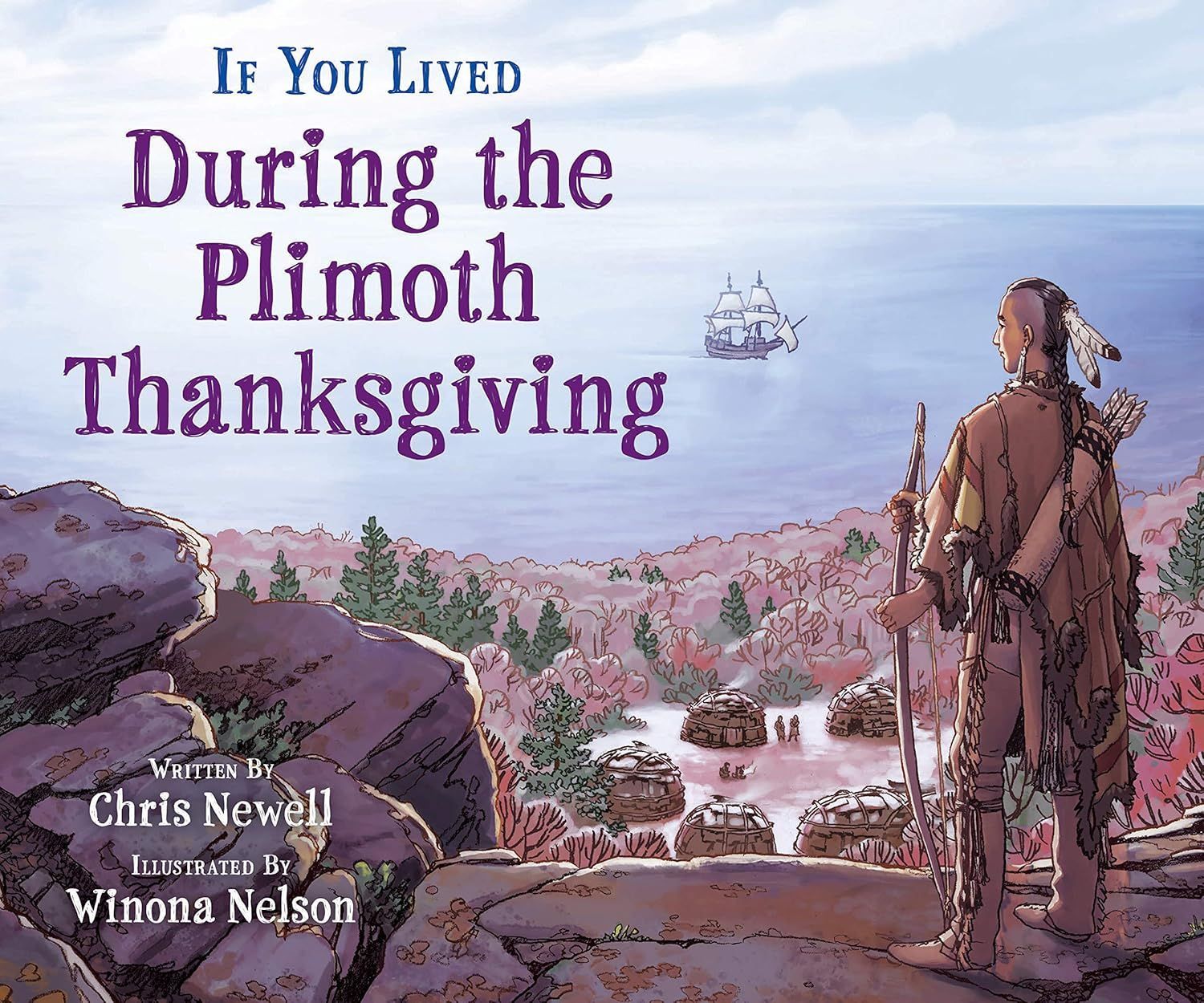
If You Lived During the Plimoth Thanksgiving by Chris Newell, illustrated by Winona Nelson, brings a refreshing and honest look at the arrival of the English colonists to mainland America and the effect this had on the Native peoples of southern New England. Chris Newell is a multi-award winning museum professional born and raised in Motahkmikuhk (Indian Township, Maine) and a proud citizen of the the Passamaquoddy Tribe at Indian Township.
The book's short chapters discuss the true accounts of the landing of the Mayflower in 1620 and how the colonists interacted with the Wampanoag tribes. The author draws a stark contrast between the harmonious life of the Native peoples and the struggles of the early colonists in regard to their daily life, respect for nature, governing styles, foods eaten, and general beliefs.
It was interesting and eye-opening to learn about the perspectives of the Wampanoag peoples and their views of the English during this time period. There is discussion about the quick settlement of southern New England and how the Wampanoag, Narragansett, and Pokanoket tribes fought for and eventually lost their lands. The last few chapters do a nice job discussing where the term Thanksgiving comes from and how it relates to similar holidays here and around the world.
I would highly recommend this book as part of any Early American curriculum or unit study. In my opinion this would be geared toward mature elementary students and middle schoolers, due to the themes and discussion topics that come up while reading this wonderful 96 page book. There are beautiful color illustrations on almost every page which helps to keep readers engaged and immersed in the life and times of the 1600s.
The book contains these sensitive topics:
Mentions of the Native American slave trade.
Talk of God, religion, and religious practices.
The spreading of disease, plague, and resulting deaths.
Depictions of war and fighting.
Share Article


